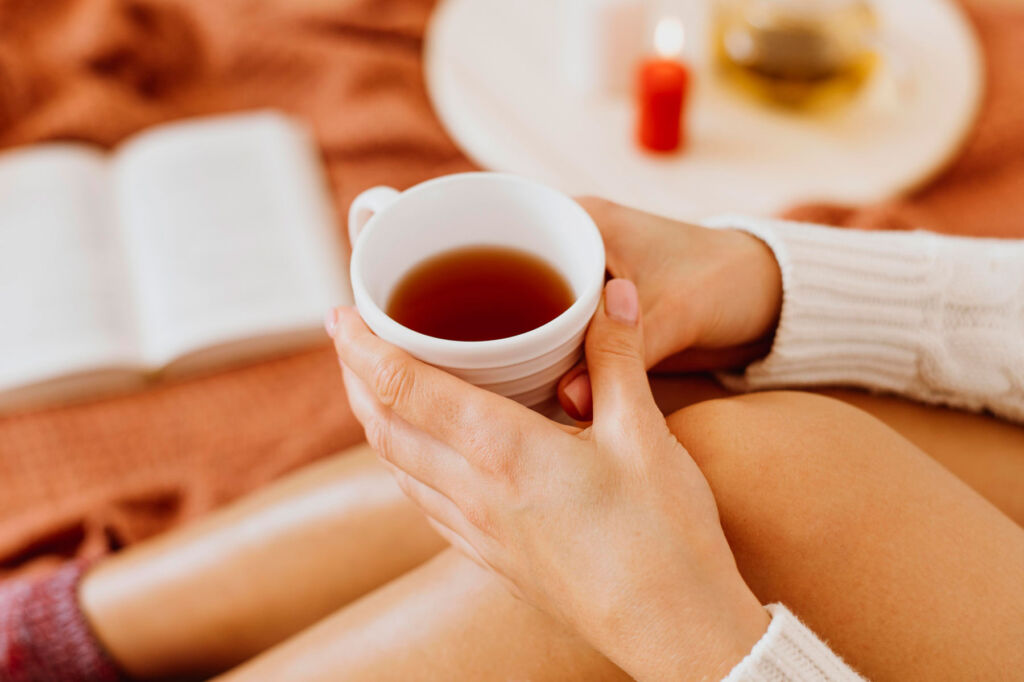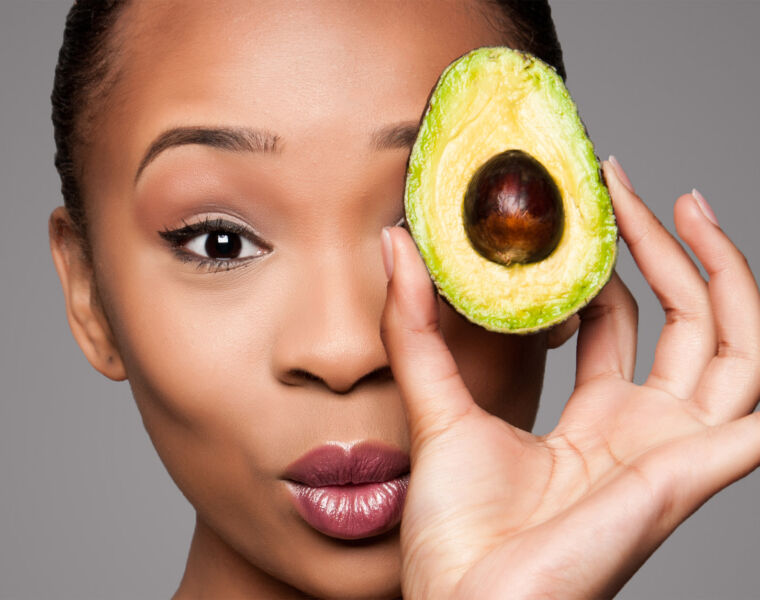
Surprisingly, three-quarters of Brits never drink tea before exercising despite it counting towards fluid intake recommendations. To help alleviate any confusion, experts at the Tea Advisory Panel look at real-world research and explain what those same people could be missing out on.
With International Tea Day (21st May 2024) fast approaching and summer inspiring more of us to get off the sofa to be active, a 2024 real-world research study[1] reviewed by the tea science experts at the Tea Advisory Panel reveals some fascinating insights into Brits’ understanding of the performance-boosting power of a simple cup of tea.
While over four-fifths (83%) correctly identified that tea counts towards our daily fluid recommendation of six to eight cups or glasses a day, as many as three-quarters (73%) said they never drank tea before a workout.
“Most people understand that staying hydrated is important for sports and fitness, but fewer seem to be aware that tea has been found to have the same hydrating capabilities as water,” says Elyn Marwick, a personal trainer, CrossFit athlete, and avid tea drinker.
With a growing body of evidence indicating that tea can make up part of daily fluid targets, dietary guidelines spanning the globe suggest tea as a way to meet daily water intake goals.
“Extensive scientific data points to the well-being benefits tea brings, including improved sleep, better mood and fat loss – all of which can contribute to improved fitness,” says dietitian and member of the Tea Advisory Panel (TAP) Dr Carrie Ruxton.

However, only two-fifths (40%) of over 1,000 British adults surveyed in the 2024 real-world research poll claimed to drink tea for its ability to hydrate, while only a quarter (24%) said they drank it for its health benefits.
“Our review study on Tea for Sport and Fitness (Derbyshire and colleagues) pointed to evidence that when healthy males drink up to six mugs of black tea a day, it provides similar levels of hydration to water,” [2] says Dr Tim Bond, flavonoids expert and member of TAP, adding, “So it’s concerning to see that four in 10 (40%) of British adults are drinking less than the ideal 3-4 cups of tea a day.”
Busting Infusion Confusion
“With 50-60% of our body consisting of water, it’s a no-brainer that we need to keep drinking enough fluid to maintain health,” adds Elyn Marwick.
However, the 2024 real-world research study reviewed by TAP suggests some confusion over tea’s hydrating effects.
“Over four-fifths (83%) know that tea counts towards the daily fluid recommendation, and nearly two-thirds (63%) said they’d reach for a cuppa to help quench their thirst, but only 46% agree that tea is officially hydrating. On top of this, too few appreciate that water and tea have the same hydrating properties (54%). Interestingly, more males than females said they were aware that tea stands head-to-head with water when it comes to hydration. Clearly, Brits are receiving mixed messages about the hydrating plant power of tea,” says Elyn Marwick.
Adding, “The figures from the 2024 Tea real-world research poll suggest that Brits need some help in getting up to speed with the facts on tea’s hydration and performance-boosting power when it comes to sports and exercise.”
“Tea is more than simply a delicious way to hydrate; it’s a whole package of goodness in a mug,” – Dr Carrie Ruxton.
The review study by Derbyshire and colleagues noted that tea could contribute to energy levels, nutrient and polyphenol intakes, which in turn, could support sports and fitness performance.
“It’s a subtype of polyphenols, called flavan-3-ols, that hold the key to delivering the health benefits,” says flavonoids expert Dr Tim Bond, adding, “In fact, the American Academy of Nutrition and Dietetics published the first dietary recommendation for flavan-3-ols of 400-600 mg a day.[3] Drinking just four cups a day is an easy way to hit this target.”
Yet, despite the importance of these health- and performance-boosting plant substances, only a fifth (19%) of respondents in the poll said they had heard of flavonoids, and less than a fifth (22%) knew that tea contains polyphenols.
“We can see from the survey review that we undertook as TAP that when people are clearly informed, they understand what needs to be done,” says Dr Tim Bond, adding, “For instance, six in 10 (60%) people wanted to see a dietary guideline for flavonoids here in the UK when they were told that flavonoids have a role in cardiovascular health and maintenance of cognitive function.”
Dr Carrie Ruxton concludes, “The scientific evidence for the benefits of tea when it comes to sports and exercise performance is clear. People know that hydration is important for exercise; they just need some clarity on the connection between tea and achieving their personal best. Tea is an all-rounder for hydration as it’s naturally calorie-free, contains healthy polyphenols and tastes better than water”.
References
- [1] Independent poll of 1010 UK-based adults, Perspectus Global; March 2024
- [2] Derbyshire E, Bond T, Jenkins G (2021) Tea For Sport And Fitness: A Scoping Review 7(1): dx.doi.org/10.16966/2470-6086.174
- [3] Crowe-White KM, et al. Flavan-3-ols and Cardiometabolic Health: First Ever Dietary Bioactive Guideline. Adv Nutr. 2022 Dec 22;13(6):2070-2083. doi: 10.1093/advances/nmac105. PMID: 36190328; PMCID: PMC9776652.

![]()




You must be logged in to post a comment.